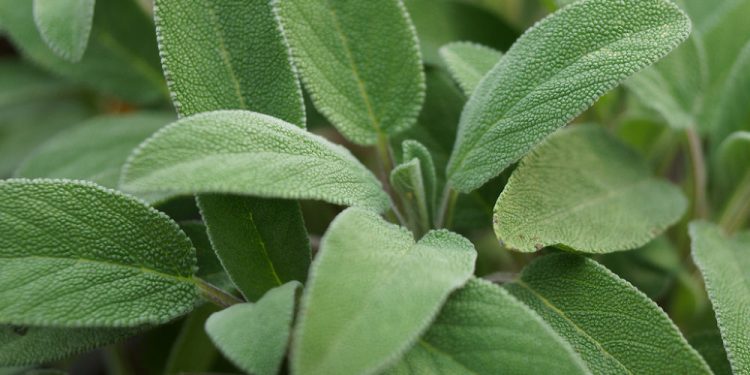Sage (Salvia officinalis) is a popular herb that has been used for centuries in cooking, medicine, and agriculture. In this article, we will explore the benefits of sage for agriculture and its role in improving soil health, pest control, and crop yield.
Sage has been found to have a range of benefits for agriculture. One of its most notable benefits is its ability to improve soil health. A study published in the Journal of Agricultural and Food Chemistry found that sage extract can enhance the growth of beneficial bacteria in soil, which can help to improve soil structure and nutrient availability.
Sage also has natural pest control properties, making it a useful tool for farmers and gardeners. A study published in the Journal of Pest Science found that sage oil can be effective in controlling the eggs and larvae of various insect pests, including the cabbage moth and the tobacco hornworm.
In addition to its soil health and pest control benefits, sage has also been shown to have a positive impact on crop yield. A study published in the Journal of Applied Sciences found that sage extract can increase the growth and yield of tomato plants.
In conclusion, sage is a versatile herb that offers a range of benefits for agriculture. Its ability to improve soil health, control pests, and increase crop yield make it a valuable tool for farmers and gardeners alike.
#Sage #Agriculture #SoilHealth #PestControl #CropYield #Herbs #Farming #Gardening #NaturalPestControl












